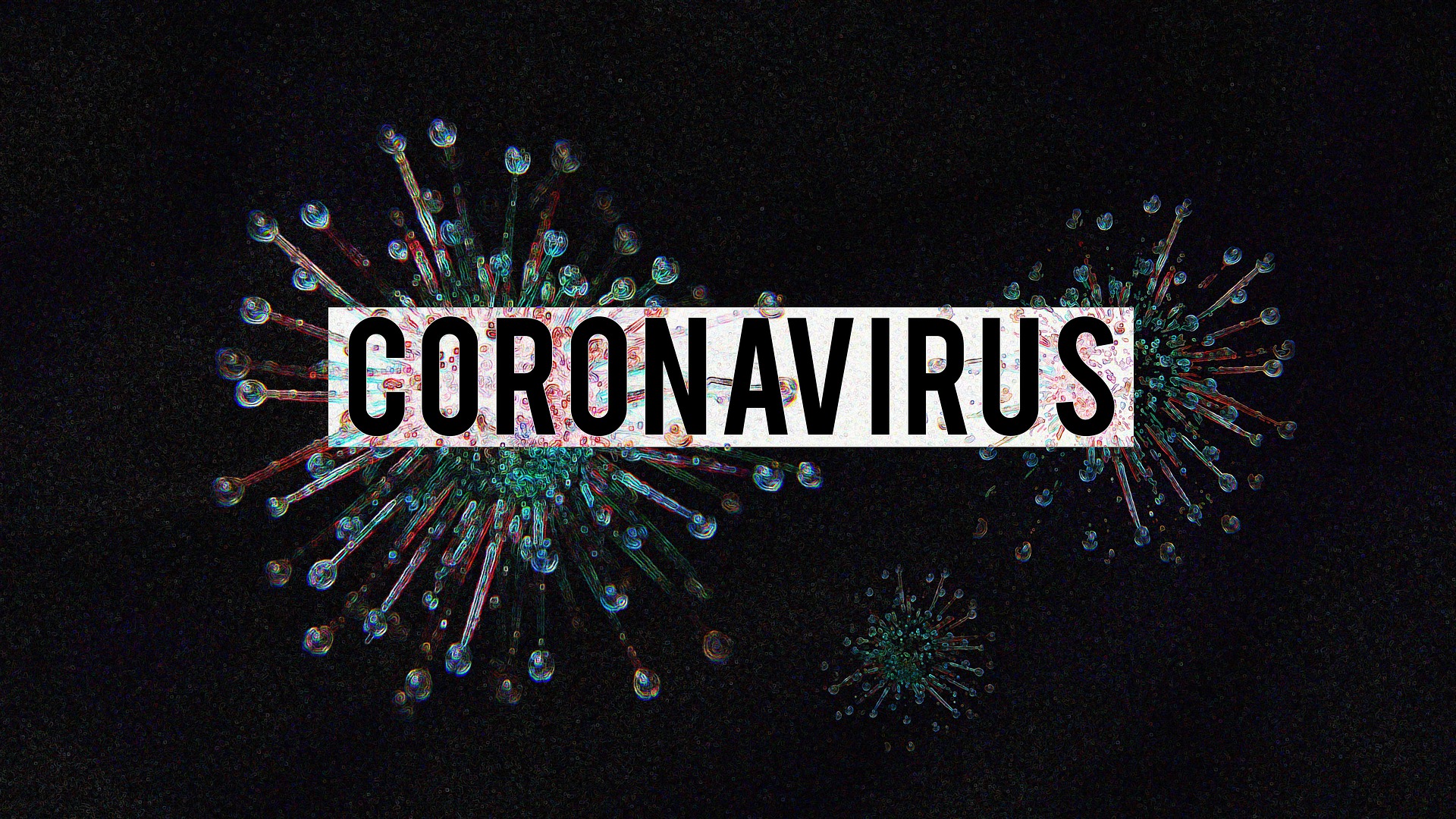A county-wide state of emergency has been declared for Mercer County to help coordinate efforts to stem the spread of coronavirus by Mercer County Executive Brian Hughes.
In another move unrelated to the state of emergency, Hughes cautioned consumers to be aware of price gouging and consumer fraud in relation to coronavirus, also known as COVID-19.
The Mercer County-wide state of emergency was declared on March 12, and will remain in effect until Hughes lifts it. It follows Gov. Phil Murphy’s declaration of a state of emergency issued on March 9.
Hughes’ executive order authorizes Mercer County agencies to help municipal governments prepare for and respond to the COVID-19 outbreak. It also allows Mercer County and the towns to seek federal reimbursement for extraordinary measures.
The state and county declarations recommend canceling all scheduled public gatherings of 250 people or more. This includes concerts, parades and other public events.
“We understand our residents are concerned about this rapidly evolving situation. We are determined to take whatever steps are necessary to minimize the risks for the people of Mercer County,” Hughes said.
Citing the Centers for Disease Control and Prevention, Hughes said the immediate risk of being exposed to COVID-19 is thought to be low and thus there is no need for alarm.
At the same time, Hughes also warned residents to be aware of price gouging and consumer fraud related to the COVID-19 outbreak, such as in-store and online advertisements for products that claim to cure COVID-19.
Mercer County officials are working with the New Jersey Division of Consumer Affairs to alert businesses that the statewide state of emergency declared by Gov. Phil Murphy on March 9 puts New Jersey’s price-gouging law into effect.
The law prohibits excessive price increases – defined as an increase of 10 percent or more – during a declared state of emergency, or for 30 days after the state of emergency ends. An excessive price increase is one that is more than 10 percent higher than before the sate of emergency was declared.
The violation is punishable by a fine of up to $10,000 for the first offense, and by a fine of up to $20,000 for the second and subsequent offenses. Violators may also be required to make consumer restitution, and to pay other fees.

